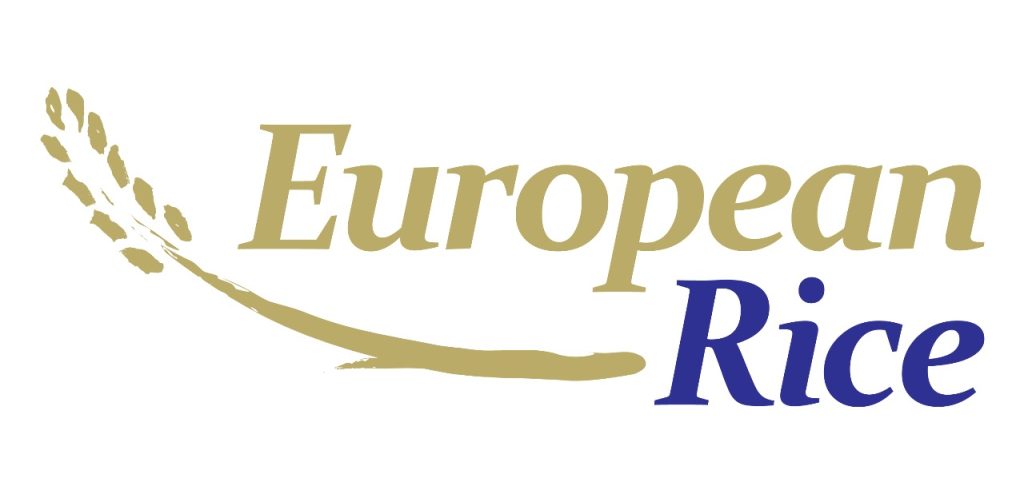Did you know that rice farming in Europe goes far beyond food production? Rice paddies are critical ecosystems, offering a sanctuary for many species of wildlife. The “EUROPEAN RICE” campaign is raising awareness about how sustainable farming methods in the EU protect biodiversity while producing high-quality rice.
European rice farmers adopt sustainable techniques that align with natural processes. Their fields become habitats for migratory birds, amphibians, and aquatic organisms, striking a balance between agricultural productivity and environmental care.
Advantages of Sustainable EU Rice Farming:
- Conservation of Habitats: EU rice paddies provide vital environments for wildlife.
- Eco-Friendly Farming: Reducing water consumption and chemical use helps protect local ecosystems.
- Sustainable Agricultural Leadership: EU farmers demonstrate how farming can coexist with biodiversity conservation.
By supporting EU-grown rice, consumers play an active role in protecting ecosystems and promoting long-term sustainability. Even small actions can create meaningful change.
Discover more about the “EUROPEAN RICE” campaign, upcoming events, and social media initiatives by visiting their official channels:
- Facebook: europeanrice – www.facebook.com/europeanrice
- Instagram: rice_eu – www.instagram.com/rice_eu
- YouTube: rice_eu – www.youtube.com/rice_eu
- Website: www.europeanrice.eu
About the “EUROPEAN RICE” Campaign:
The “EUROPEAN RICE” campaign is an EU-funded initiative dedicated to promoting the benefits, sustainability, and versatility of European rice in the UK and other global markets. It aligns with the EU’s objectives of enhancing the competitiveness and market presence of EU agri-food products worldwide, emphasizing sustainable practices and high-quality standards.
THE EUROPEAN UNION SUPPORTS CAMPAIGNS THAT PROMOTE HIGH-QUALITY AGRICULTURAL PRODUCTS
Funded by the European Union. Views and opinions expressed are, however, those of the author(s) only and do not necessarily reflect those of the European Union or the European Research Executive Agency (REA). Neither the European Union nor the granting authority can be held responsible for them.



